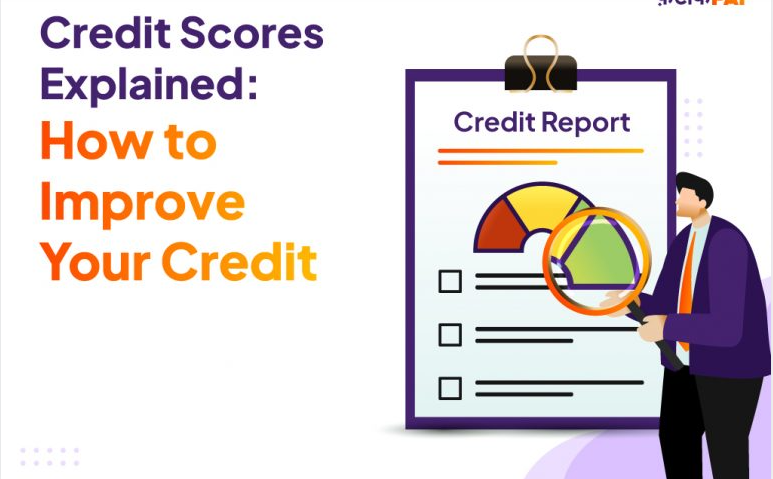Understanding Credit Scores: How They Work and How to Improve Yours
Your credit score plays a crucial role in your financial life. Whether you’re applying for a loan, renting an apartment, or even getting a job, a good credit score can open doors, while a poor one can limit your options. But how exactly does a credit score work, and what steps can you take to improve it? Let’s dive in.
What is a Credit Score?
A credit score is a three-digit number that represents your creditworthiness based on your financial history. Lenders use it to determine how likely you are to repay borrowed money. Credit scores typically range from 300 to 850, with higher scores indicating better creditworthiness.
Credit Scores Ranges
- Excellent (800-850) – You qualify for the best loan rates and credit card offers.
- Very Good (740-799) – You have strong credit and access to competitive interest rates.
- Good (670-739) – You qualify for most loans but may not get the best rates.
- Fair (580-669) – You may face higher interest rates or limited credit options.
- Poor (300-579) – It’s difficult to get approved for credit, and if you do, interest rates are very high.
How is Your Credit Score Calculated?
Your credit score is based on several key factors:
- Payment History (35%) – Do you pay your bills on time? Late payments negatively impact your score.
- Credit Utilization (30%) – How much of your available credit are you using? Keeping utilization below 30% is ideal.
- Length of Credit History (15%) – The longer your credit accounts have been open, the better.
- Credit Mix (10%) – A combination of different types of credit (credit cards, mortgages, auto loans) can help your score.
- New Credit Inquiries (10%) – Applying for multiple loans or credit cards in a short period can lower your score.
How to Improve Your Credit Scores
If your credit score isn’t where you’d like it to be, don’t worry—there are steps you can take to improve it.
1. Pay Your Bills on Time
Since payment history makes up the largest portion of your credit score, always pay at least the minimum due by the due date. Consider setting up automatic payments or reminders to avoid late payments.
2. Lower Your Credit Utilization
Try to use less than 30% of your available credit. If possible, aim for under 10% for the best impact. You can lower your utilization by:
- Paying off balances more frequently.
- Requesting a credit limit increase (as long as you don’t increase spending).
- Spreading purchases across multiple cards instead of maxing out one.
3. Don’t Close Old Accounts
The length of your credit history matters. Even if you don’t use an old credit card, keeping it open can help maintain your credit age and improve your score.
4. Diversify Your Credit Mix
Having a mix of credit types—such as credit cards, auto loans, and mortgages—shows lenders you can handle different forms of debt responsibly. However, don’t open new credit accounts just for the sake of variety.
5. Limit Hard Inquiries
Each time you apply for new credit, a hard inquiry appears on your report and can lower your score. Avoid applying for too many loans or credit cards at once. Instead, space out applications over time.
6. Check Your Credit Report for Errors
Mistakes on your credit report can unfairly drag down your score. Obtain a free credit report from AnnualCreditReport.com and check for inaccuracies. If you find errors, dispute them with the credit bureaus.
7. Use a Secured Credit Card or Credit Builder Loan
If you have poor credit or are just starting out, consider a secured credit card or a credit builder loan to establish a positive payment history.
8. Negotiate with Creditors
If you have late payments or collections, reach out to creditors to negotiate a payment plan or request a “goodwill adjustment” to remove negative marks after paying off the debt.
Final Thoughts on Credit Scores
Your credit scores is a powerful financial tool. By understanding how it works and taking steps to improve it, you can gain access to better interest rates, higher credit limits, and more financial opportunities. Good credit takes time to build, but with responsible habits, you can achieve a strong and healthy score.




